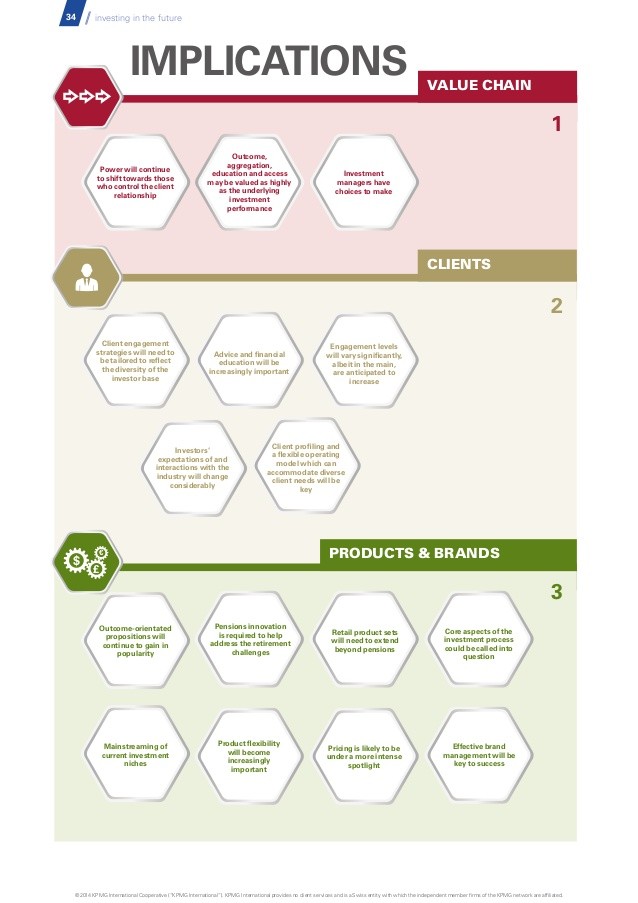Ethical Investing A Niche Style Gains Popularity
Post on: 28 Июль, 2015 No Comment

Ethical investing is still a niche investment style, but it has gained popularity.
According to the Forum for Sustainable and Responsible Investment (US SIF), From 2007 to 2010, social investing enjoyed a growth rate of more than 13%, increasing from $2.71 trillion in 2007. Nearly one out of every eight dollars under professional management in the United States today, 12.2% of the $25.2 trillion in total assets under management tracked by Thomson Reuters Nelson, is involved in socially responsible investing. Furthermore, socially responsible investing encompasses an estimated $3.07 trillion out of $25.2 trillion in the U.S. investment marketplace today. These figures were as of 2011.
Ethical investing isn’t just for individual investors. Institutional investors also practice ethical investing. After all, many institutions, such as universities, are largely supported by individual donors, and the donors want their funds used in ways they approve of. Institutional investors are actually the largest and fastest growing segment of the socially responsible investment (SRI) world, states US SIF. (To learn more, see our Introduction to Institutional Investing .)
Active Investing
Ethical investors are heavily involved in their investment decisions. They take their roles as part-owners of the companies they hold shares in seriously. They read annual reports and prospectuses, vote proxies and submit shareholder resolutions. They care who manages a company and who sits on its board. They are concerned about corporate transparency and accountability. They also want to know how companies are behaving with respect to the environment, social issues, human rights and workers’ rights. Some ethical investors care about all of these issues; others choose to focus on just one or two. It’s often difficult to find investments that meet 100% of an ethical investor’s values and financial goals.
From a financial perspective, ethical investing has historically been considered a subpar investment style. However, it isn’t true that socially responsible funds consistently underperform. Social investors don’t have to sacrifice investment gains in the name of doing good. But, just like any type of investment, there are winners and losers in the ethical investing universe. It takes thorough research to find the investments that meet both ethics criteria and have the potential to meet desired performance goals.
Unethical Investors?

Of course, the idea that some investors are ethical doesn’t mean that individuals and institutions that don’t pursue ethical investing are unethical. Many people don’t have the time, or the confidence, to make the active investment decisions required of ethical investors. Others simply don’t like investing and want to put minimal effort into it. Chances are that these people are putting at least some of their money toward ethical causes whether they intend to or not. Investing for your family’s future? That’s ethical. And if you simply put your money in a Standard & Poor’s 500 Index (S&P 500) fund, you can’t help but have funds invested in a number of good companies.
What’s more, people who consider themselves ethical investors often have to make compromises. A company that produces an ethical product might have some questionable business practices. A company that performs well on environmental issues might not perform well on social issues. A company that donates a percentage of its profits to the community might use sweatshop labor. Ethical investors are faced with the challenge of not only uncovering these complex issues, but deciding where to draw the line with their investments. Sometimes they will even invest in companies they are unhappy with and use shareholder activism to force the companies to change.
Even people who aren’t particularly interested in the social, environmental, humanitarian or governance issues, that ethical investors support, can benefit from incorporating ethical investing principles into their investment strategies. Companies that treat people and the environment with respect are less likely to find themselves distracted by or burdened with lawsuits. Companies that have a positive image in the public eye are more likely to generate high sales levels. Ethical business practices can generate better profits and better returns for investors, especially in the long run. As Amy Domini, founder and CEO of ethical investment firm Domini Funds, puts it, To pollute, to discriminate, to violate basic human rights, is just not good for business.
Ethical investing goes by a number of names, which will be used interchangeably throughout this tutorial. The most common is socially responsible investing; others include morally responsible investing, impact investing, mission investing, sustainable investing and triple bottom line investing (the triple bottom line being people, the planet and profits). (Learn more in Socially Responsible Stocks: Do Good Deeds Punish Profits ? )














